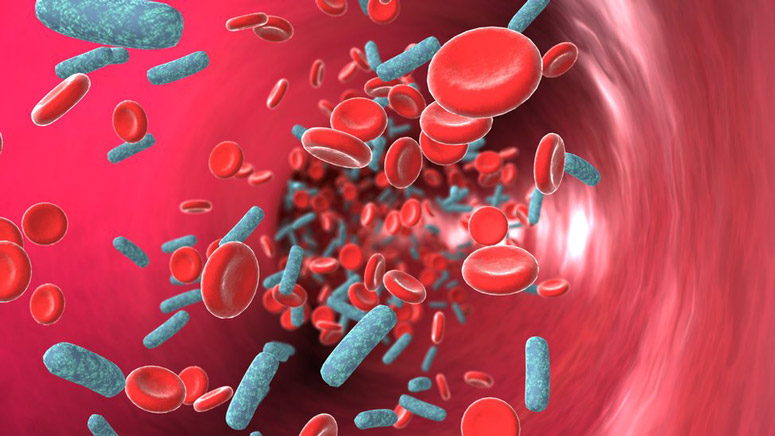Overview

Sepsis is a serious medical condition. It occurs when the body reacts unusually extremely to an infection, often bacterial. When the body is attacked by a pathogen and during infections, there is a spontaneous release of certain chemical substances into the blood to help fight the infection. However, in sepsis, the body responds in an extreme manner, often causing widespread inflammation and swelling in the body. This may lead to damage to the major organs such as the liver, kidney, or lungs. This is usually due to clot formation in the legs and some major organs, impeding flow and denying supply of oxygen and other nutrients to the affected part. This may lead to organ failure.
Another name for sepsis is septicemia, although the term is used less commonly. It is life-threatening and can happen to just anybody at all. Sepsis can bring down the blood pressure critically, in a condition known as septic shock. Septic shock happens in advanced cases of sepsis and may lead to death. About 1 in 3 patients with sepsis die from it. Certain factors expose you to higher risks of this occurrence, as stated below. [1]













